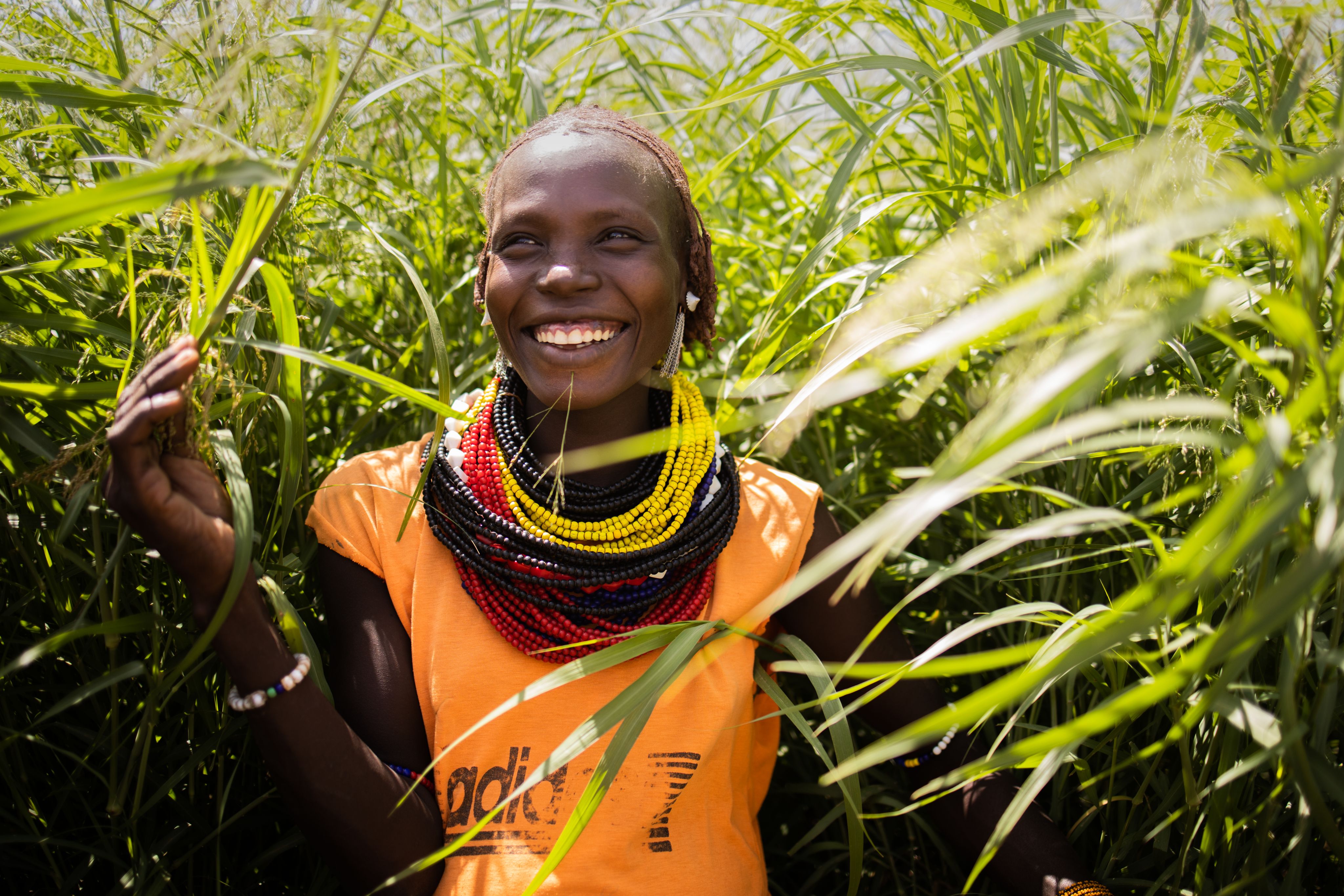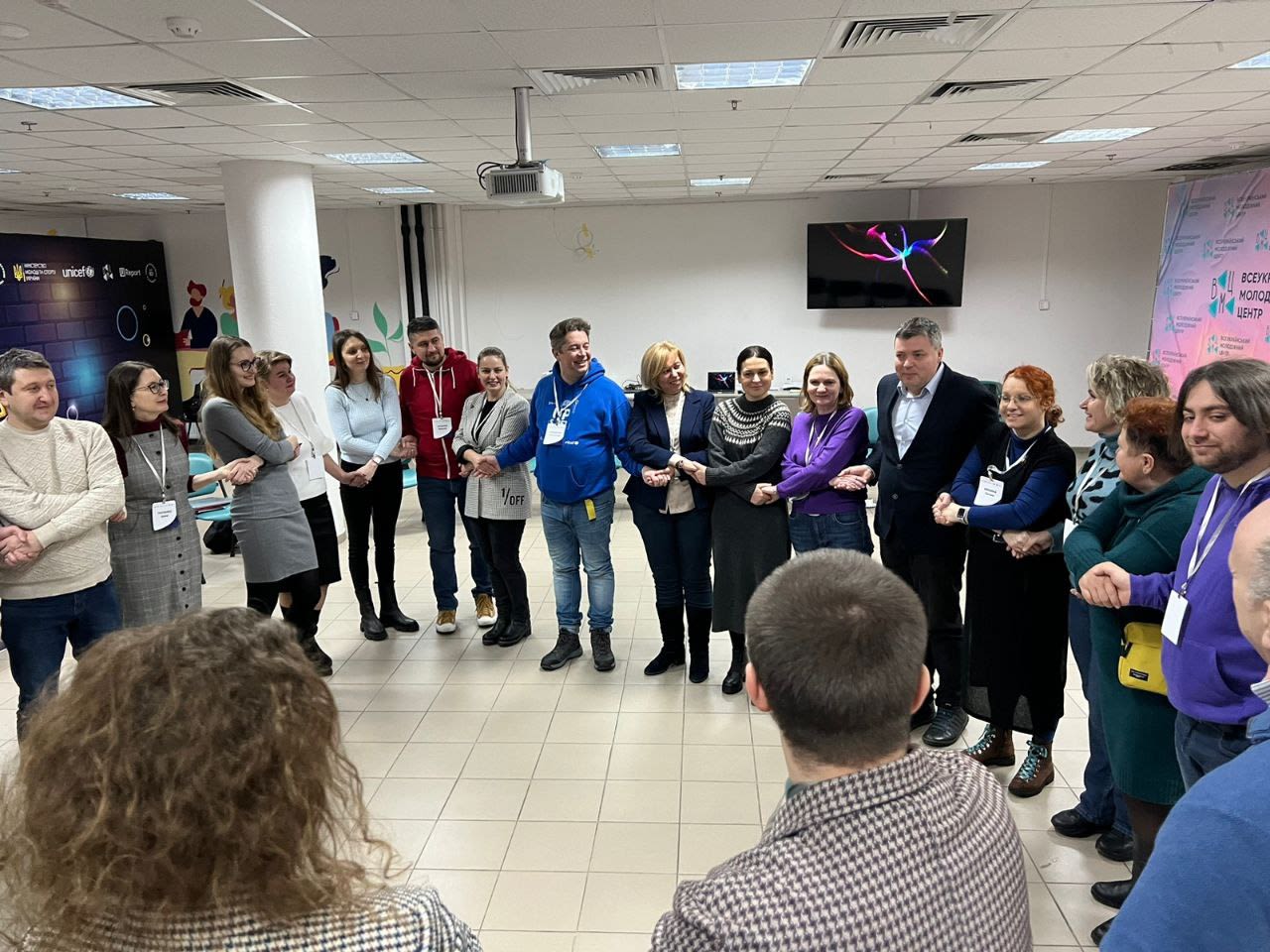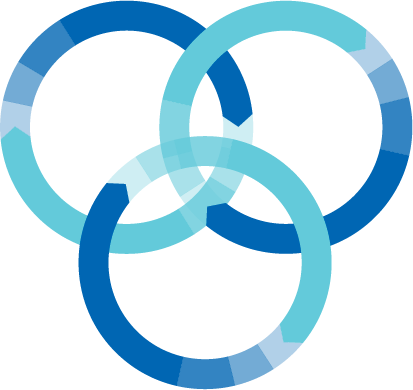Triple Nexus
Strengthening Linkages Across the Triple Nexus

Triple Nexus
Today’s reality is that communities do not move neatly on a continuum from crisis to resilience. Shifts back and forth caused by political instability, climate disasters and conflicts can take a stable environment like Ukraine into crisis overnight.
Global Communities believes meaningful solutions lie at the intersections that link humanitarian, development and peace-building programs – also known as the triple nexus. Our unique expertise allows us to leverage learnings for integrated programs and respond to rapidly changing circumstances.
In Ethiopia, we are partnering with pastoralists to build resilience and regenerate grasslands to improve food and water security, pivoting along the way to overcome obstacles both environmental and political. A thriving, resilient future is possible only when we connect ideas and insights that have too long been divided.


At a time when disasters and disruptions are becoming more common and catastrophic, Global Communities, together with our local partners, equips communities with the training, tools and resources they need to recover from crises and build long-term resilience in the face of constant change.
From prevention and adaptation to positive transformation, we focus on solutions that center local voices and expand opportunities for growth, leadership and advancement.




